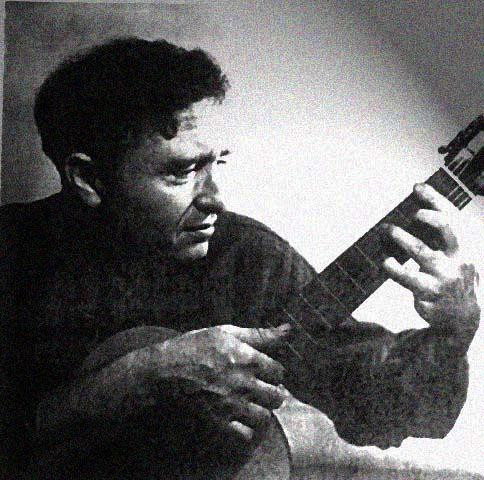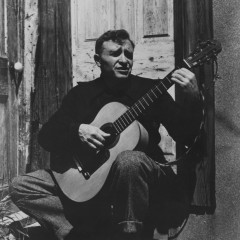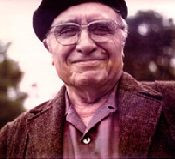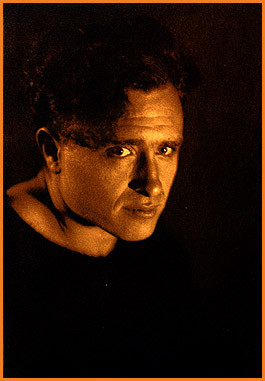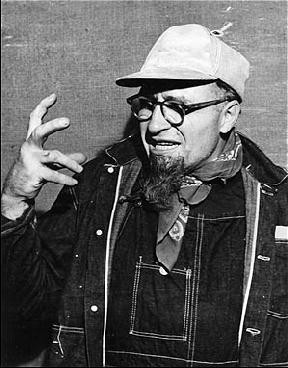Sam Eskin
Настоящее имя: Sam Eskin
Об исполнителе:
American ethnomusicologist, folk singer-songwriter, and field recordist (5 July 1898, Washington, D.C. — 20 October 1974, Philadelphia, PA). Sam Eskin was a self-taught folklorist and, despite lacking higher education, renowned as one of the nation's leading experts in collecting, preserving, and evaluating American folksongs, indigenous music and dance, primitive drumming, and oral storytelling. For over 30 years, Eskin traveled extensively across the United States and abroad, amassing a collection of folk music and ethnographical material from North and South Americas, Caribbeans, the British Isles, the Middle East and East Asia. He grew up in Baltimore and dropped out of school in the eighth grade, leaving home and changing jobs over the years, from a taxi driver and magazine reporter to a merchant seaman or cannery worker. In the early 1930s, Sam Eskin began working for UPS as a traveling consultant, remaining with the company for 15 years. In 1938, Eskin began seriously collecting and performing folk music. Sam successfully invested in UPS stocks, which allowed him to retire by 1945 and focus on folklore full-time. He settled in Woodstock, New York, actively reading academic literature and exchanging letters with prominent ethnomusicologists and folk musicians. Over the years, Eskin corresponded with numerous experts in the field, as well as American writers and musicians: Sidney Robertson Cowell, E.L. Doctorow, J. D. Elder, Austin E. Fife, Bess Lomax Hawes and her brother Alan Lomax, Joe Hickerson, George List, Tom Paxton, Pete Seeger, Irwin Silber, and Margaret Valiant. Between 1948 and '72, Eskin collaborated with Emory Cook and Moses Asch, contributing his recordings, co-producing and performing on over 15 albums for Folkways Records and several Cook's imprints under Cook Laboratories. One of the records, '51 Mexican Firecrackers LP on Cook's Road Recordings, was recorded by Eskin in Ajijic, a town in Mexico west of Chapala, from the patio of Club Alacrán (the "Scorpion Club") hosted by his friend, African-American artist and photographer Ernest Alexander. Eskin also released a series of 16" broadcast transfer discs for Vistas of Israel. Sam Eskin was one of the high-fidelity pioneers and paid attention to technical aspects and advancements in audio technology. In the 1950s, he transferred all early 1940–49 "direct-on-disc" field recordings to 16" preservation 33⅓ RPM discs. After that, Eskin switched to reel-to-reel tape. He supervised several duplication projects in 1952 and '60 for the Archive of Folk Song (AFS). In 1970, Sam Eskin donated his archive to the Cooperstown Graduate Program (CGP) folklore department in New York; four years later, Eskin's sons also contributed his manuscripts and correspondence. After CGP's folklore department dissipated in 1979, The New York State Historical Association (NYSHA) took over the archive. In 1999, Sam Eskin's collection, with over 15,700 manuscripts and 700+ sound recordings, was transferred to its current location, the American Folklife Center at the Library of Congress in Washington, D.C.

